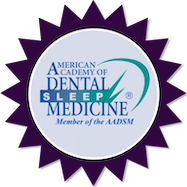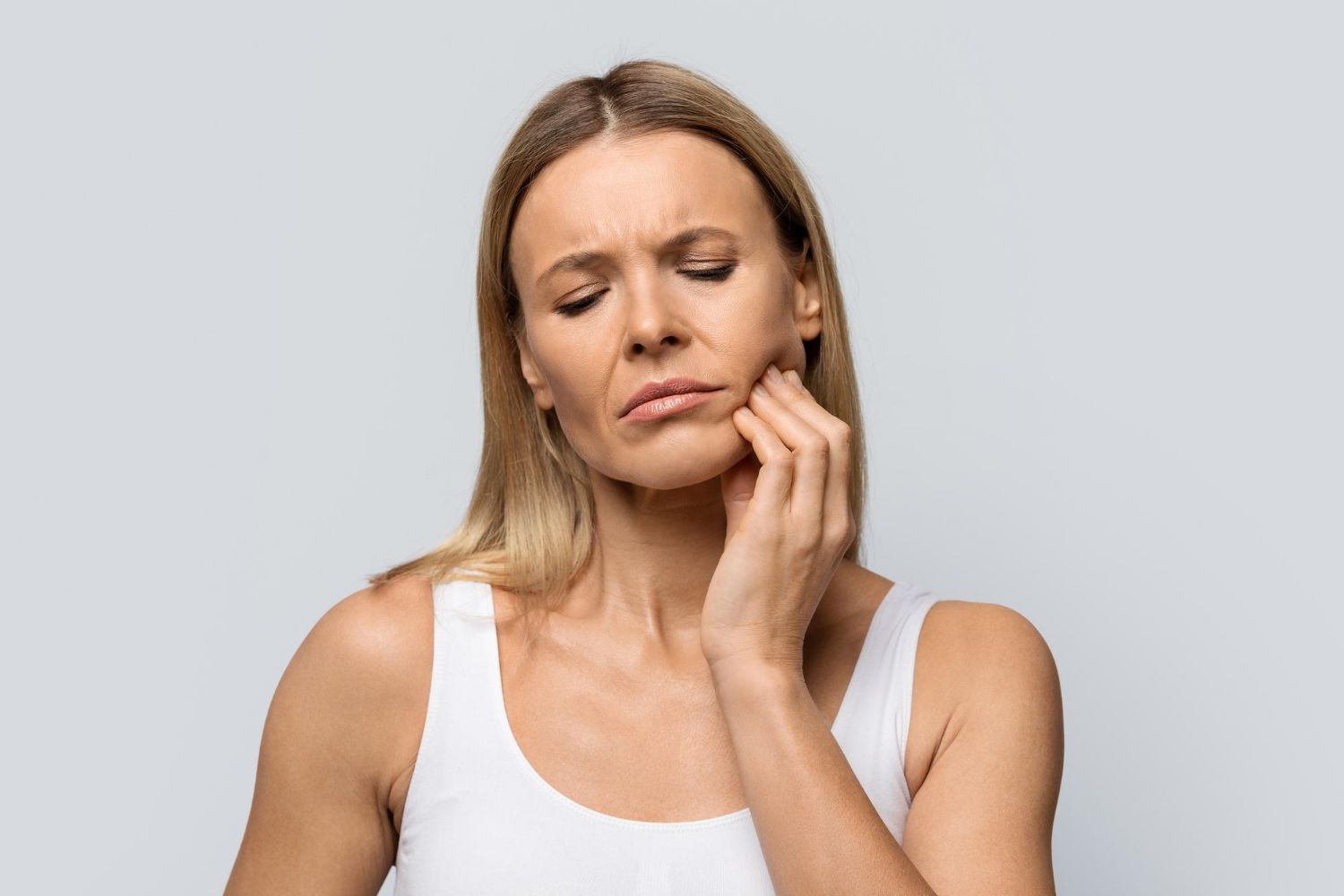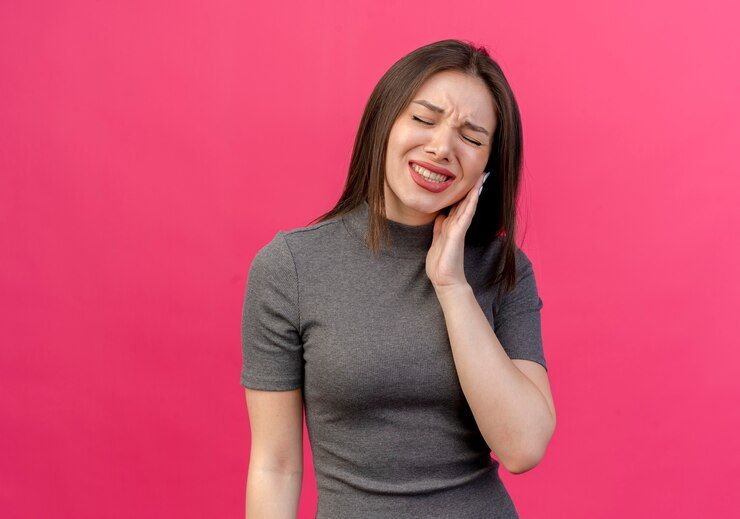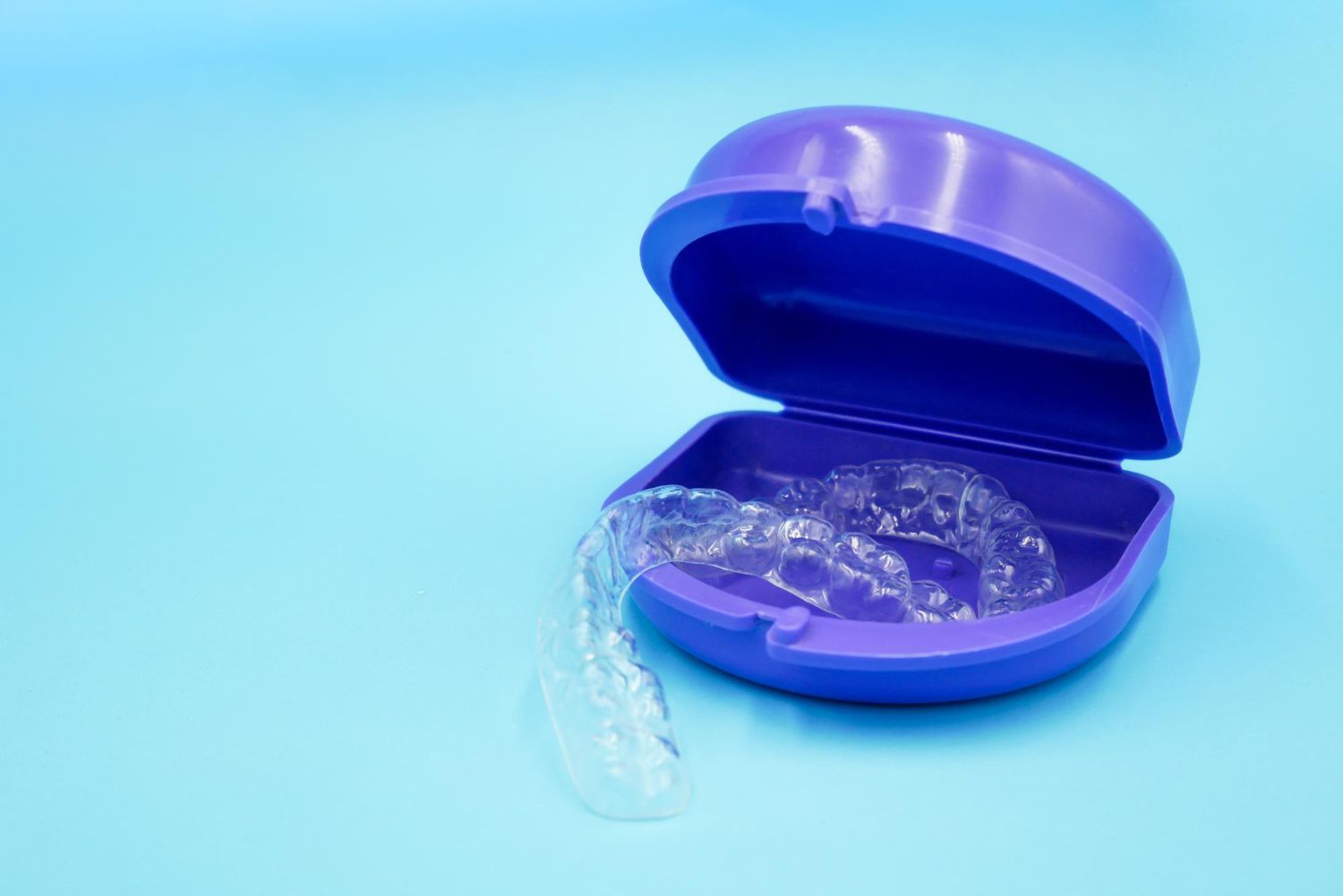Welcome to Fuller Sleep & TMJ Solutions | Greensboro, NC | frontdesk@fullersleep.com
Why TMJ Causes Annoying Headaches

Temporomandibular joint (TMJ) disorders are a common cause of chronic headaches. These headaches can be particularly annoying and disruptive to everyday life. The TMJ is the hinge that connects your jaw to your skull, allowing you to talk, chew, and yawn. When this joint isn’t functioning correctly, it can lead to a host of issues, including persistent headaches.
Many people don’t realize that their headache pain can be traced back to their jaw. This lack of awareness often leads to misdiagnosis and improper treatment. Understanding the connection between TMJ and headaches can help you find the right solutions and get back to living a pain-free life.
Dr. Fuller at Fuller Sleep & TMJ Solutions focuses on diagnosing and treating TMJ disorders. By addressing the root cause of your headaches, Dr. Fuller helps alleviate the pain and improve your overall well-being. In this article, we will explore how TMJ leads to headaches, the key symptoms to look out for, and the effective treatments available to provide lasting relief. Understanding this connection can make a world of difference in managing your headache pain.
Understanding TMJ and Its Connection to Headaches
The temporomandibular joint (TMJ) acts like a sliding hinge that connects your jawbone to your skull. This joint allows you to do everyday activities like chewing, talking, and yawning. When the TMJ is not working correctly, it can cause a condition known as TMJ disorder or TMD.
TMJ disorders can lead to several uncomfortable symptoms, one of the most common being headaches. The pain from TMJ issues doesn't just stay in the jaw. It can radiate up to the temples and across the forehead, creating a painful and annoying headache.
The link between TMJ and headaches lies in the muscular and nerve connections. When the TMJ is inflamed or misaligned, the surrounding muscles and nerves become stressed. This stress often translates to pain symptoms that mimic regular headaches, but their root cause remains in the jaw joint.
How TMJ Causes Headaches
TMJ can cause headaches through several mechanisms. One of the primary ways is through muscle tension. The muscles around your jaw, including the temporalis and masseter muscles, can become overstressed due to TMJ problems. When these muscles are tight and tense, they can pull on other muscles in the head and neck, leading to tension headaches.
Another way TMJ causes headaches is through nerve irritation. The jaw joint is close to several vital nerves, including the trigeminal nerve, which is responsible for sensation in the face. When TMJ is inflamed or misaligned, it can stimulate or compress these nerves, sending pain signals to the brain that result in headaches.
In some cases, TMJ can alter your bite, causing you to clench or grind your teeth. This habit, known as bruxism, further strains the jaw muscles and leads to additional headaches. The connection between TMJ and headaches is complex, involving a mix of muscle and nerve issues. Understanding these mechanisms can help you identify the problem and find the right treatment.
Identifying TMJ-Related Headaches: Key Symptoms
Identifying TMJ-related headaches involves looking for specific symptoms that point to issues with the jaw joint. One of the most noticeable signs is pain or tenderness in the jaw area. If you find it difficult or painful to open and close your mouth, this could be a sign of TMJ issues.
Another key symptom is clicking or popping sounds when you move your jaw. These sounds occur because the jaw joint is misaligned, causing friction and discomfort. You might also notice that your jaw seems to get "stuck" in an open or closed position.
People with TMJ-related headaches often experience pain that radiates from the jaw to the temples, behind the eyes, or into the neck and shoulders. Grinding or clenching your teeth, known as bruxism, is another common symptom that can worsen these headaches. If you wake up with jaw soreness or find yourself grinding your teeth during the day, this is another clue that TMJ could be the underlying issue.
Effective Treatments for TMJ-Related Headaches
Once you've identified the symptoms of TMJ-related headaches, the good news is that there are several effective treatments available. One of the most successful treatments is oral appliance therapy. Dr. Fuller can create a custom-made mouthguard that helps to align your jaw properly, reducing the strain on your TMJ and alleviating headaches.
Physical therapy is another effective treatment option. Specific exercises can help strengthen the muscles around your jaw, improve your posture, and reduce muscle tension. Dr. Fuller often recommends these exercises as part of a comprehensive treatment plan.
Medication can also provide relief from TMJ-related headaches. Over-the-counter pain relievers, anti-inflammatory drugs, or muscle relaxants can help reduce inflammation and ease discomfort. In some cases, Dr. Fuller may suggest injections to relieve pain and inflammation in the jaw joint.
Lifestyle changes can also make a big difference. Reducing stress, practicing good posture, and avoiding hard or chewy foods can help keep your TMJ symptoms in check. Dr. Fuller might also recommend relaxation techniques like yoga or meditation to help manage stress and reduce muscle tension.
Conclusion
Living with TMJ-related headaches can be painful and frustrating. Understanding the connection between TMJ and headaches is a crucial step toward finding effective relief. Pay attention to symptoms like jaw pain, clicking sounds, and radiating headaches to identify if TMJ is the cause.
Dr. Fuller at Fuller Sleep & TMJ Solutions offers a range of effective treatments to help you manage and alleviate this pain. From oral appliance therapy to physical exercises and lifestyle changes, there are various ways to address the root cause of your headaches and improve your quality of life.
If you suspect that TMJ might be causing your headaches, don't hesitate to seek help. Contact Fuller Sleep & TMJ Solutions today to schedule an appointment with Dr. Fuller. Let's work together to put an end to your
TMJ and headache pain so you can get back to feeling your good.

CONTACT US
Fuller Sleep & TMJ Solutions
1515 West Cornwallis Dr Suite 110 Greensboro, NC 27408
BUSINESS HOURS
Monday: 8am – 5pm
Tuesday: 8am – 5pm
Wednesday: 8am – 5pm
Thursdays: 8am – 2pm
All Rights Reserved | Fuller Sleep & TMJ Solutions
© 2023 All Rights Reserved | Fuller Sleep & TMJ Solutions
Website designed by: Morningdove - Accessibility Statement












